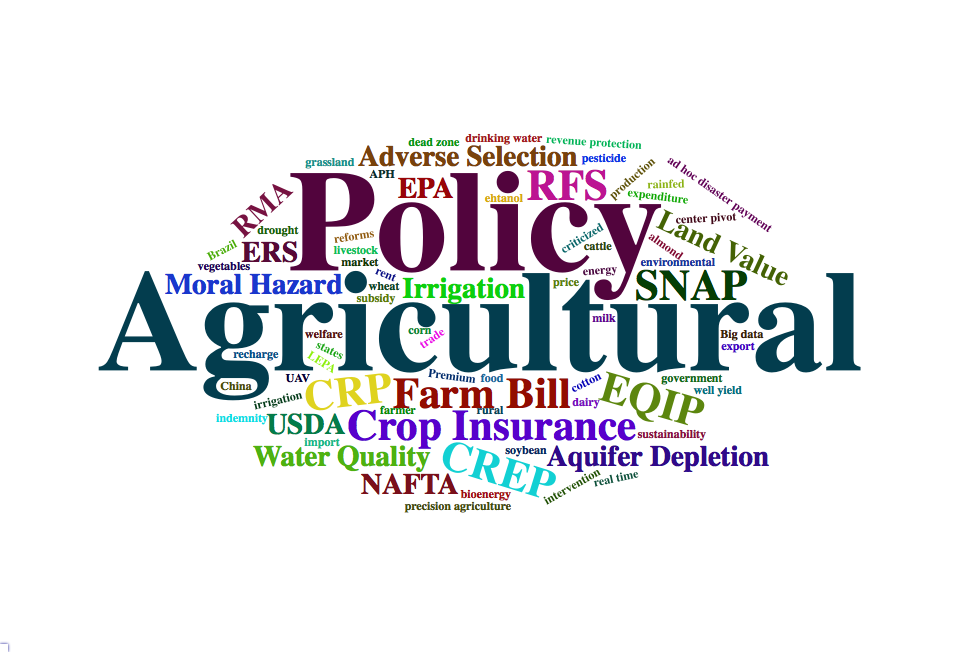
Agricultural policy is a complex issue that involves government decisions that impact the agriculture industry. These policies can impact everything from food production to rural development, and they can have far-reaching effects on both the economy and the environment. In this blog, we’ll explore the basics of agricultural policy, how it affects farmers and consumers, and some of the challenges policymakers face in creating effective policies.
What is Agricultural Policy?
Agricultural policy is the set of laws, regulations, and programs that govern the agriculture industry. These policies are created by governments at the national, state, and local levels, and they can impact every aspect of the industry, from crop production to food safety to trade.
One of the main goals of agricultural policy is to support farmers and ensure that they have the resources they need to be successful. This can include subsidies, crop insurance programs, and other financial incentives. Agricultural policies can also promote environmental sustainability, protect natural resources, and encourage rural development.
The Impacts of Agricultural Policy
Agricultural policy can have a significant impact on both farmers and consumers. For farmers, government policies can mean the difference between success and failure. By providing financial support and other resources, agricultural policies can help farmers weather economic downturns, cope with weather-related disasters, and invest in new technologies and equipment.
At the same time, agricultural policies can also impact consumers by influencing the cost and availability of food. For example, subsidies for certain crops can drive down prices and make certain types of food more affordable. However, these subsidies can also lead to overproduction, which can drive down prices even further and hurt farmers in the long run.
Challenges in Agricultural Policy
Creating effective agricultural policy can be a challenge, and policymakers must consider a variety of factors when crafting these policies. One of the biggest challenges is balancing the needs of farmers with the needs of consumers and the environment.
Another challenge is addressing the changing nature of the agriculture industry. Advances in technology and changing consumer preferences are rapidly transforming the way food is produced and consumed, and policymakers must keep up with these changes in order to create effective policies.
Finally, agricultural policy can be heavily influenced by politics, and policymakers must navigate the complex political landscape in order to create policies that are effective, sustainable, and equitable.
In Conclusion
Agricultural policy is a complex and important issue that impacts farmers, consumers, and the environment. Effective policies can support the agriculture industry, promote environmental sustainability, and provide affordable, healthy food for consumers. However, creating these policies is not always easy, and policymakers must consider a variety of factors in order to create policies that are effective, sustainable, and equitable.









